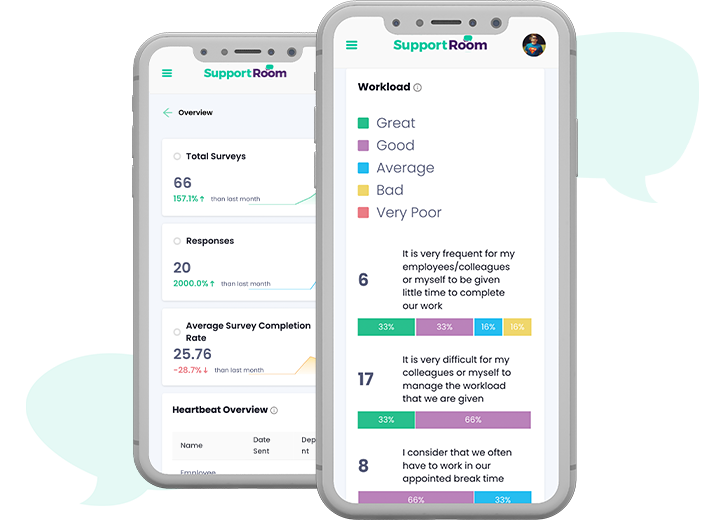Bipolar Disorder Online Support Services








- Addiction
- Anorexia
- ADHD
- Bereavement
- Binge Eating Disorder
- Bipolar Disorder
- Body dismorphic disorder
- Depression
- Eating Disorder
- Generalised Anxiety Disorder
- Post-Traumatic Stress Disorder
- Obsessive Compulsive Disorder
- Health anxiety
- Phobias
- Panic attacks
- Postnatal Depression
- Sleep disorders
- Psychosexual Issues
- Self Harm
- Social anxiety
- Stress
- Substance misuse
- Work-related stress
Do you experience intense mood swings? Up one minute so high that you feel invincible and crashing down to the hideous pits of depression the next? Signs of bipolar can range depending on what end of the spectrum you’re at.
Those periods of euphoria can last for weeks, but the low times come, and it feels like there’s no way out of your head.
If this sounds familiar, there’s a possibility that you might be experiencing symptoms of bipolar disorder.
What are the symptoms & signs of bipolar disorder?
Bipolar disorder used to be called “manic depression”, but that description has gone out of favour.
As the name suggests, signs of bipolar disorder involve individuals experiencing periods of deep depression, followed by periods of euphoria and overactivity, known as “mania”.
Common symptoms of depression are:
- Intense, unshakeable sadness
- Deep anxiety
- Lack of enjoyment and interest in activities
- Withdrawal and avoidance of interactions with friends and family
- Overwhelming guilt
- Suicidal thoughts and urges
The common symptoms of the manic phase of bipolar include:
- Unrentless energy
- Excessive talkativeness
- Racing thoughts
- Insomnia and reduced need for sleep
- Inflated self-esteem
- Bouts of spending
If this cycle of up and down feels familiar, it might be useful to talk to somebody who understands bipolar conditions.
What type of therapies are helpful for bipolar disorder?
One of the most successful therapeutic approaches can be Cognitive-Behavioural Therapy (otherwise known as CBT).
CBT can help you cope with symptoms; helping you recognise when your mood is about to shift while providing coping mechanisms that prevent the chance of relapse.

Get a free Heartbeat Survey.
Let us uncover the true state of your team’s wellbeing with a free mental health survey for your entire organisation.
Gain valuable insights to see how you can better support your team’s mental health and performance.
No pitch. No credit card required.
Therapy on your terms
Get face-to-face, online help from a highly-qualified therapist who can help you regain control.
